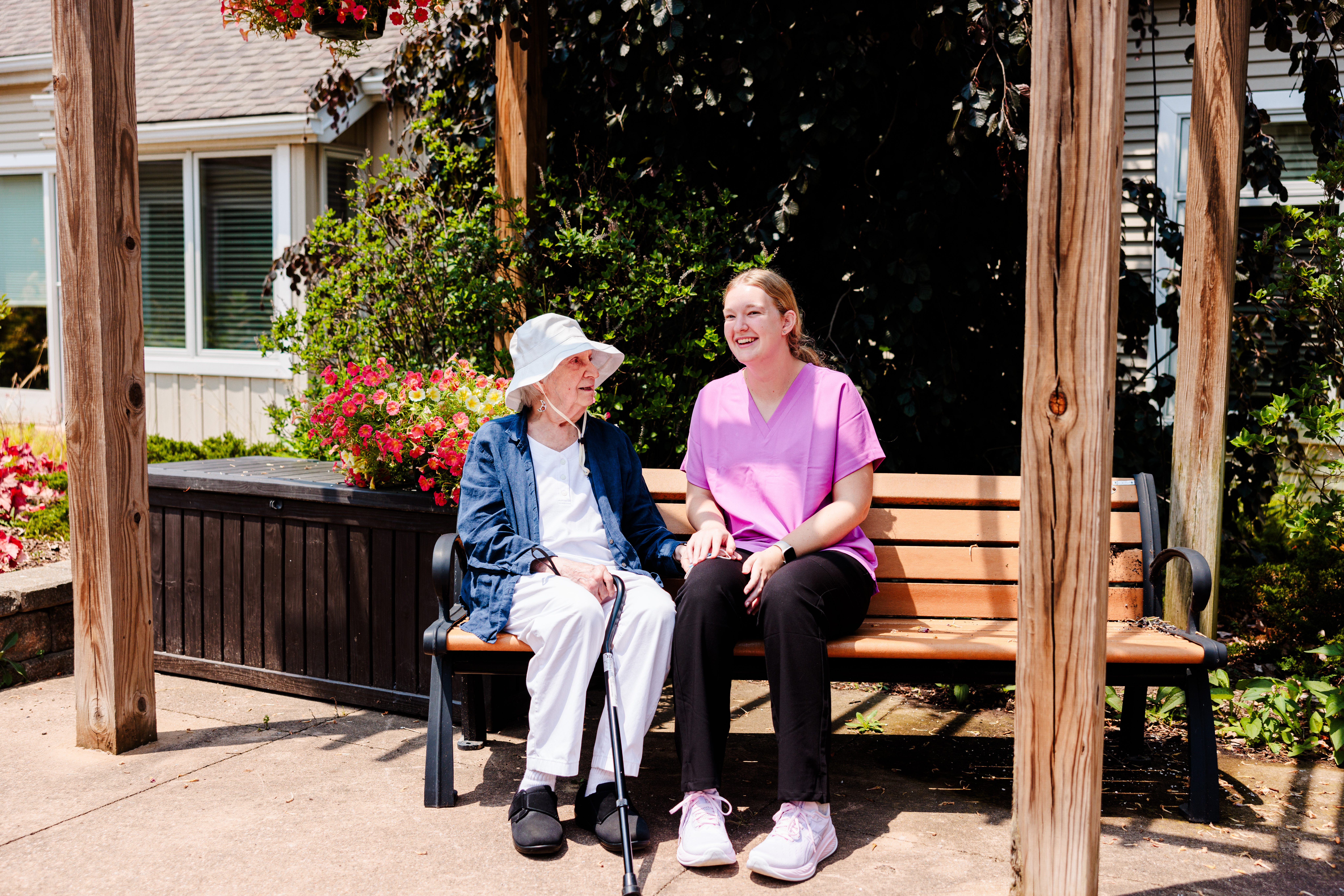Best Docs 2009 - Blues Clues
by Erick Trickey | Feb. 25, 2009 | 5:00 AM
|
How To Avoid Seeing This Doctor
1 Lighten up. If your winter blues seem intense every year, buy a full-spectrum light, says Dr. R. Taylor Segraves, chair of the psychiatry department at MetroHealth. They’re easy to find and order online. Just don’t stare directly into them. 2 Open up. “If you start feeling yourself becoming depressed, talk to someone you’re close to,” says Segraves. “Discuss what’s going on with your life and get feedback. Is the situation really as dire as you perceive it? Are there things you could do differently?”
3 Be social. “If you sit at home and stare at the wall by yourself, you’ll get lonely, depressed and discouraged,” he says. “Getting out, seeing people, having a diversion and forgetting about what you’re worried about for a while can help.” If these tips don’t work, it’s time to see a professional.
|
Cleveland’s long winter nights and financial struggles are taking a toll, says Dr. R. Taylor Segraves, chair of the psychiatry department at MetroHealth.
“Right now, we’re seeing a lot of adjustment disorders,” Segraves says. “Not necessarily major depression, but people who’ve lost their jobs, people afraid of losing their jobs.”
Adjustment disorder is a severe and abnormal reaction to a stressful change in one’s life. As the national recession hits Cleveland hard, patients of all incomes are coming to MetroHealth’s psychiatry department, Segraves says, for help coping with layoffs, shrinking retirement funds or mortgages slipping into foreclosure.
Psychiatrists can help patients evaluate the actual severity of the situation, says Segraves. “Many of us tend to catastrophize, draw horrendous conclusions, and maybe the [conclusions] are not fully warranted.” Using cognitive behavioral therapy, doctors help patients challenge their most pessimistic thoughts. Segraves asks patients to look at all the data then come to a logical conclusion. Antidepressant medication, while “probably used more often than it should be” to treat adjustment disorder, Segraves says, can help patients uncomfortable with psychotherapy.
Because of Cleveland’s northern latitude, we swing from 15 hours of daylight in June to just nine in December. In some people, that triggers seasonal affective disorder, or SAD. People with SAD often lose energy and have trouble functioning. Light therapy can be helpful, says Segraves. Sitting infront of a full-spectrum light for two hours in the early morning gives people “the equivalent of sunlight in a normal day” and tends to lift their mood, he says.
Segraves has been at MetroHealth since 1987, long enough to see two huge trends transform his field. Psychiatrists can now prescribe any of about 20 antidepressant medications that were unavailable 25 years ago. Meanwhile, managed care allows them less time with patients, making it harder to do psychotherapy. Segraves has done his best to adjust. “With some patients, a 30-minute session every month or so may be sufficient for them to feel someone understands them.”
Trending
-
1
-
2
-
3
-
4
-
5










